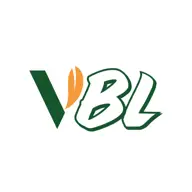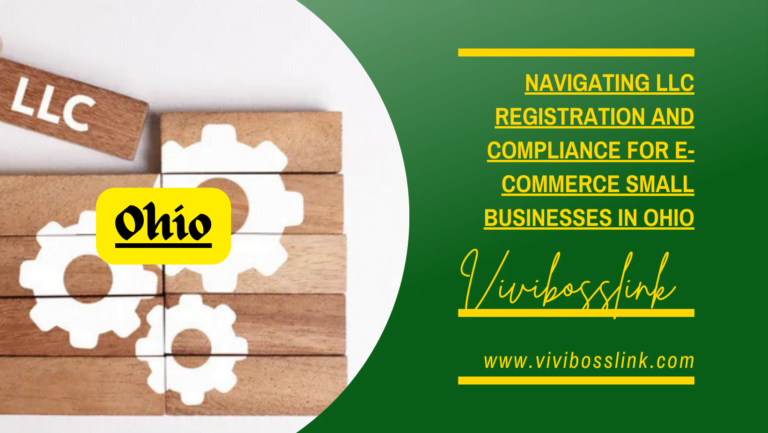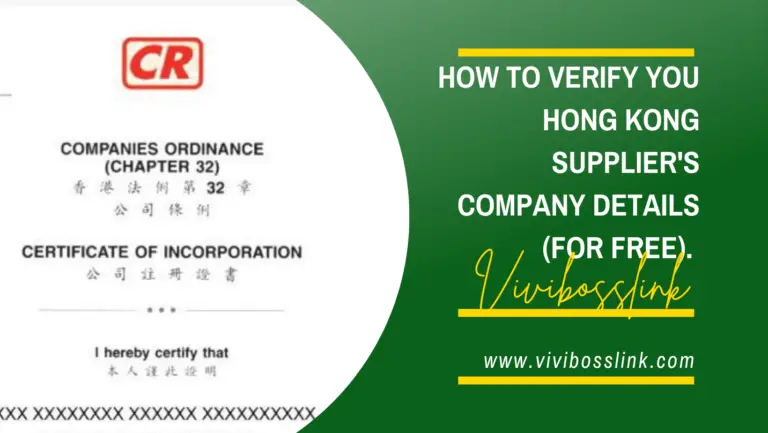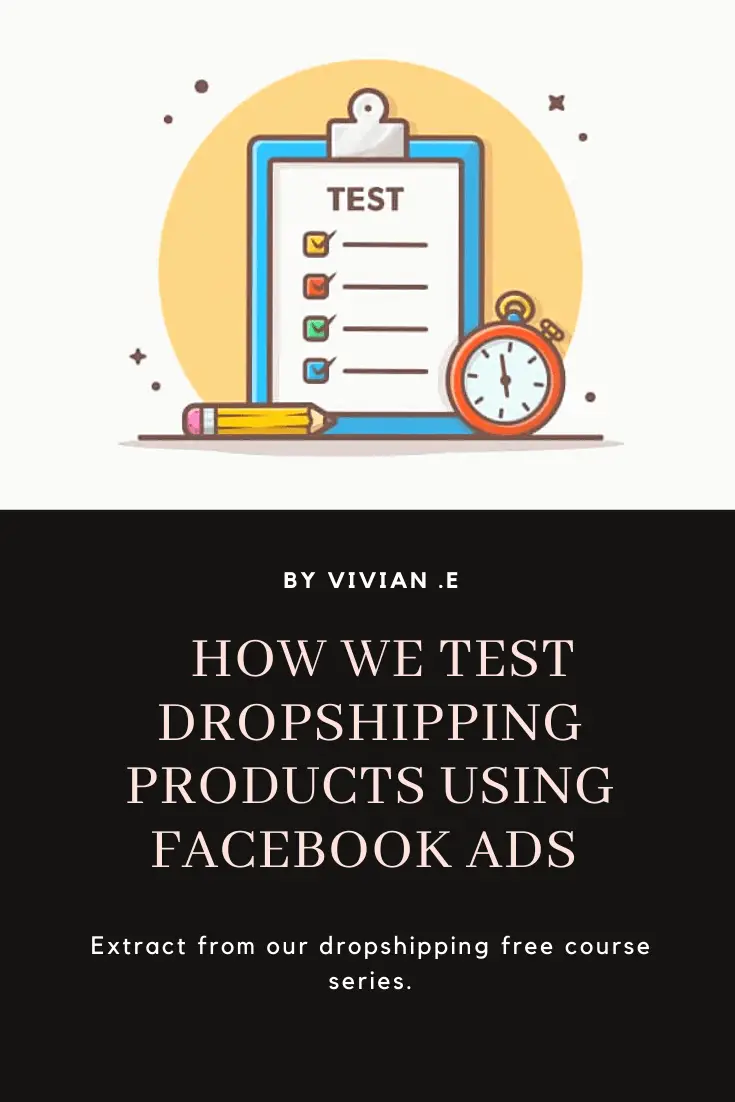
In this Article, we will give you a snapshot of the legal compliance requirement and associated fees required to register Limited Liability Company (LLC) in North Carolina and most importantly, maintain the status of an LLC, especially as a small business e-commerce start up.
In the United States, LLCs are registered on the state level, therefore you can register an LLC in any of the 50 States in the United States, including Washington DC.
You can check out our the best states in the US to register your LLC as a small business e-commerce start-up, if you want to pay less State fees, less State imposed taxes and do less periodic paperwork in order to maintain your LLC.
In this Article, our focus is on North Carolina LLC. What cost should you expect to pay when you register an North Carolina LLC? What periodic filings requirements are imposed on North Carolina LLCs? What State taxes are levied on e-commerce small business start ups in North Carolina and what are the tax rates? What business permits are required to be obtained by e-commerce businesses in North Carolina, what’s the cost of these permits and are there any renewal requirements?
This Article presents you a snapshot, so you know what fees and legal compliance requirements to expect if you want to register an LLC for your e-commerce small business start up in North Carolina, operate with the required licenses and maintain your LLC status.
Business registration and compliance on North Carolina
LLC Registration cost; the state fee for registering an LLC in North Carolina is $128. You can register your LLC with Bizee for a service charge of $0 + the State fee.
LLC registration Publishing requirement; No, LLCs in North Carolina are not required to publish their registration in a local newspaper.
Has the Option to register as an Anonymous LLC; No, LLCs in North Carolina do not have the option to register as an anonymous LLC. Meaning that the business details of the LLC Owners are published on the North Carolina public records. The LLC can still maintain some privacy by using a virtual office address and not the Owners real addresses.
DBA requirement; DBA is required if your LLC is operating under a different name than your LLC registered name. In North Carolina DBA is referred to as a “Assumed business name”. Cost of registration is $26, the length of approval is indefinite. You can register for a DBA in Idaho online or outsource the registration of your North Carolina DBA (if needed) to Bizee.
Annual report filing requirement; yes, North Carolina LLCs have annual report filing requirements. The cost of filing annual report in North Carolina is $203
You can file the North Carolina annual returns yourself, you’ll need to visit the North Carolina Business Search or you can outsource the filling of your annual returns to Bizee for a $99 service charge + the state fee.
You can register your DBA or fill your annual returns directly on the State’s website and only pay the state’s filing fees. Alternatively you can use Bizee a US business filing service to register your DBA and file your annual returns. Bizee charge a service fee of $99 + the state fees. We recommend Bizee for registering your LLC because specifically for LLC registration, Bizee does not charge any service fee. so you pay $0 + the state fees.
Annual Franchise tax filing and compliance in North Carolina
State Franchise tax requirement; LLCs are generally not subject to the North Carolina franchise tax except if the LLC has elected to be taxed as a Corporation.
The franchise tax can be no less than $200 with no maximum except for a qualified holding company.” Per the NC C-Corporation Instructions: “Franchise tax is computed by applying the rate of $1.50 per $1,000.00, and can be no less than $200.”
The minimum franchise tax in North Carolina is $200. The rate is $1.50 per $1,000 of a corporation’s net worth. There’s no maximum on the tax …
You can learn more about the North Carolina Franchise tax.
Annual State income tax filing and compliance in North Carolina
State income tax requirement; North Carolina has a flat 4.75 percent individual income tax rate. North Carolina also has a 2.50 percent corporate income tax rate.
- Who files State income tax; LLCs by default are passed through entities meaning that tax obligation passes through to the individuals who own the LLC. Therefore an LLC with a default tax status pays the individual state income tax. Interestingly, if the individuals behind the LLC are not resident in the state and do not have state source income (a dependent agent in the state), then they are not required to pay “individual State income tax”.
If the LLC owners are resident in the State or have State source income (a dependent agent in the state), then the LLC Owners are required to pay “individual State income tax”.
If the LLC has elected to be taxed as a corporation (C-corp), then the LLC is required to pay “Corporate State income tax”.
- How to file state income tax; You can file your North Carolina State income tax by yourself. You will need to visit the State website. Alternatively, we recommend using the Service of a Certified Public Accountant (CPA), through H&R Block to file your state income tax.
Periodic Sales tax filing and compliance in North Carolina
Sales tax requirement; North Carolina has a 4.75 percent state sales tax rate, a max local sales tax rate of 2.75 percent, and an average combined state and local sales tax rate of 6.99 percent.
- Sales tax nexus; Sales tax nexus is
the state-defined threshold between a Seller and a state, which when reached makes it obligatory for the Seller to register for a Seller permit in the state, charge sales tax to customers in the state and remit the sales tax to the State Government.
Generally, there is the “physical sales tax nexus” and “economic sales tax nexus”.
Physical sales tax nexus is reached when the Seller had physical presence in the state (i.e have an office address, a warehouse etc).
In most States, “economic sales tax nexus” is reached when a Seller makes up to 200 transactions or $100,000 in sales in a State.
It’s important to note that, when you register your LLC in the State of North Carolina (which generally requires that you have a registered business address in North Carolina), you automatically meet the physical sales tax nexus and will be required to obtain a Sales tax permit in North Carolina, charge applicable sales tax rates to customers in North Carolina and remit sales tax to the North Carolina State Government.
Sales tax permit; It costs $0 to register for North Carolina Certificate of Registration.
There is no requirement to renew a Sales tax permit in North Carolina.
Reseller/Resale Certificate; Businesses who purchase products from their suppliers for the purpose of reselling those products to their customers can make sales tax free purchases from their suppliers if they have a resale certificate.
This means that Resale businesses can get cheaper product prices from their suppliers (that is product prices without sales tax included) which can help these Businesses have a higher profit margin and/or maintain competitive selling prices to their Customers.
Generally, suppliers will charge the sales tax rate applicable in the State where the product is to be delivered unless the business presents to the supplier a Resale Certificate (also called a Reseller Certificate).
The Resale certificate must be valid and acceptable in the state where the product is to be delivered.
Businesses can present any of the below listed Resale certificates to suppliers if they want to make sales tax free purchases for product delivery to an North Carolina address.
- MTC Uniform Sales & Use Tax Resale Certificate (The MTC form serves as a uniform resale certificate for various states, streamlining the process by replacing the need for multiple state-specific resale forms when dealing with your supplier.)
- SST Certificate of Exemption (The SST form serves as a uniform resale certificate for various states, streamlining the process by replacing the need for multiple state-specific resale forms when dealing with your supplier.)
Note; North Carolina accepts the use of out-of-State Seller ID.
This means that Resale Businesses seeking sales-tax-free purchases in North Carolina can use an out-of-state seller ID (i.e a seller ID issued by another US state or their home state) to fill-out the MTC uniform resale certificate or SST Certificate of Exemption. They can indicate an out-of-state seller ID as their North Carolina Seller ID on the MTC form or SST form.
In North Carolina, A blanket Resale certificate (This means that the resale certificate is kept on file by the Supplier to cover multiple purchase transactions between a specific Supplier and Reseller) do not expire as long as a “recurring business relationship” exists. A “recurring business relationship” exists when no more than twelve months pass between sales.
Conclusion
This Article shows you a snapshot of the legal fillings and compliance requirements for LLCs that are registered in North Carolina, specifically for LLCs that want to carry on the business of selling and especially for small e-commerce start up LLCs that are registered in North Carolina.
If you are wondering what might be the best State in the United States to register your small business (especially if you are a reseller or an e-commerce business), we have written this Article, where we go over our most recommended states for registering a business in the United States, if you want to pay less LLC filling and legal compliance fees, if you want less state imposed taxes and if you want to do less periodic legal paperwork required to maintain your LLC status.







